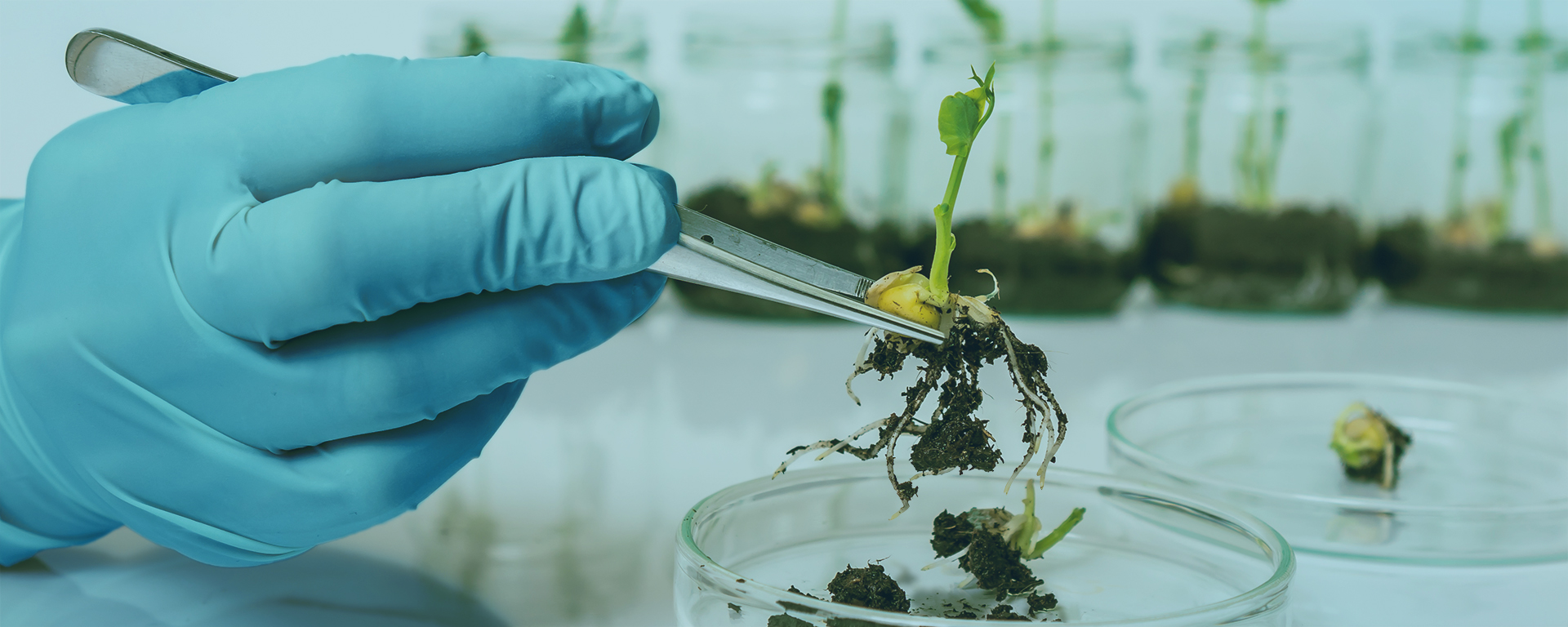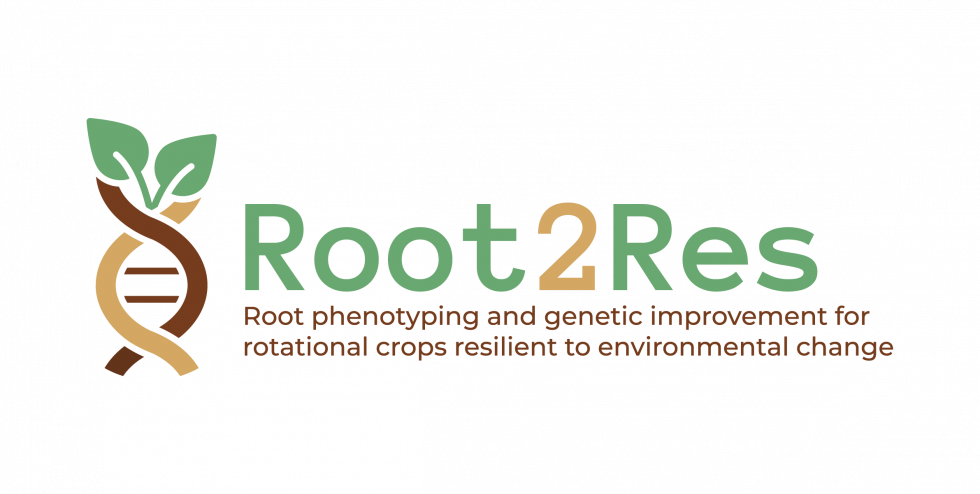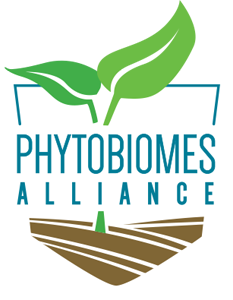
Root phenotyping and genetic improvement for rotational crops resilient to environmental change
Project supported by the Phytobiomes Alliance
Funded by
European Union’s Horizon Europe research and innovation programme
Duration
5 years
Dates
01 September 2022 - 31 August 2027

Project Overview
As agricultural systems face more and more constraints due to climate change, identifying and developing new crop cultivars able to make production more resilient is a priority. In this context, root systems play a major role as an essential component of the tolerance against abiotic stress (water deficit or excess, nutrition deficiency) and for their contribution to carbon storage in soils.
Addressing root traits for breeders, geneticists and agronomists is a real challenge that needs efficient tools: root phenotyping tools both in field and controlled conditions, genetic tools with a set of relevant markers and genetic resources and modelling tools to extrapolate the results in other environments and agricultural contexts.
This is exactly the ambition of Root2Res: to develop such tools and use them to define and test innovative genotype ideotypes able to enhance the tolerance to abiotic stress and carbon sequestration in soils.
To achieve these objectives, Root2Res gathers an interdisciplinary team of 22 partners and will work during 5 years on cereals (barley, wheat), potato, legumes (faba bean, pea, lentils) and sweet potato. Beyond the deep scientific investigations, Root2Res also includes strong links with stakeholders (breeders, farmers, and policy makers) and an ambitious dissemination and exploitation plan for the benefits of all end users of the results produced: most notably breeders, researchers, and farmers.
Project Partners

